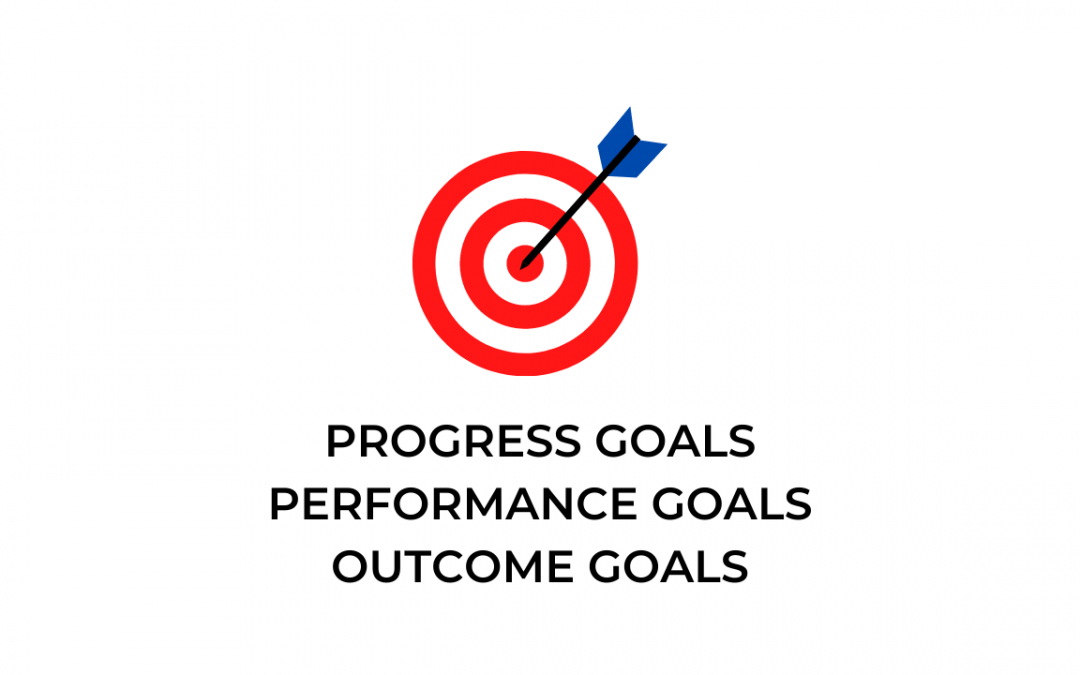Imposter syndrome. The feeling that you don’t belong. That your achievements are undeserved. The feeling that you’re a fraud. Imposter syndrome is commonly experienced by many medical students – including me.
Apart from positive affirmations, separating feeling from fact and talking it out with someone, I’ve found that setting the right type of goal reduces the effects of imposter syndrome on my performance. Setting the right type of goal helps eliminate comparison and allows me to focus more on the process.
There are three types of goals.
The first type is the Outcome Goal.
- This is the desired end result. In sport, it may mean winning a national championship. Academically, it may mean finishing the year in the top 10% of your class. Notice how it’s often tied to how you perform in relation to others. For the most part, it is out of our control.
Next, we have the Performance Goal.
- The performance goal is how you perform on the day. For a hard-working student, it may mean getting an A+ on the final exam. For an athlete, it may mean beating a personal best. Notice how the performance goal is still results-based. However, it has less to do with other people and more to do with the standard that you set for yourself.
Lastly, we have the Process Goal
- The things that you need to do regularly to attain your desired performance and outcome. A simple example would be saying to yourself that you’ll study for four hours every day outside of the time that you spend in class.
From my experience, I’ve benefitted the most from setting process goals as the process is what I have the most control over.
I hoped you’ve had an insightful year and thanks for joining me on this journey.
